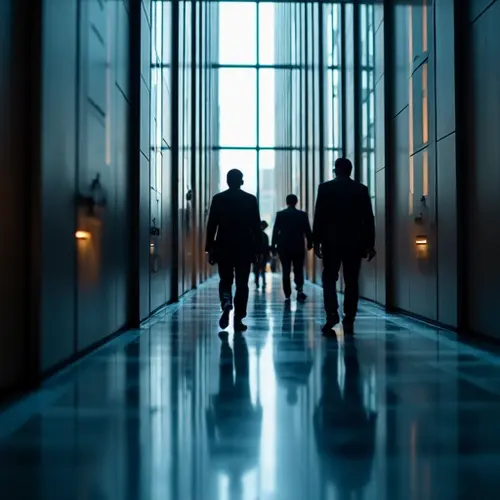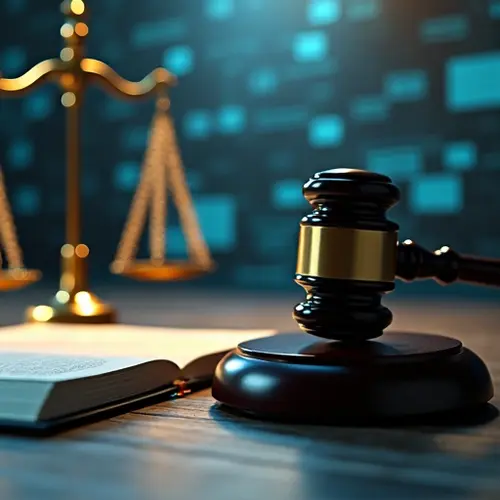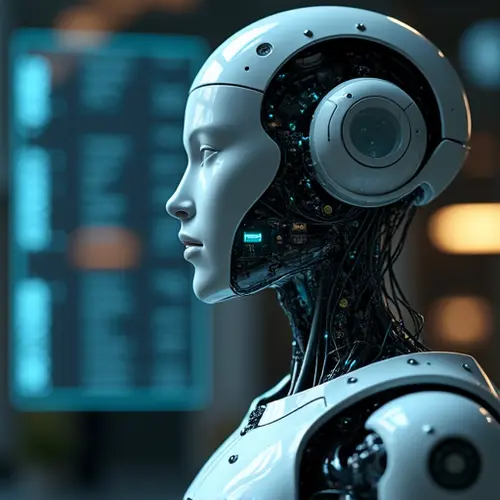
The Dawn of AI-Powered Justice
Artificial intelligence is revolutionizing international law with the emergence of AI global courts. These digital judicial systems, powered by machine learning algorithms, promise faster dispute resolution and consistent application of international law. The concept gained momentum after the 2024 launch of the AI-enhanced court diversion platform by the American Arbitration Association and National Center for State Courts.
How AI Courts Operate
AI courts analyze legal precedents, treaties, and case law using natural language processing. They can process multilingual documents instantly and identify relevant legal principles across jurisdictions. In 2025, several international trade disputes were resolved through AI arbitration systems that reduced resolution time from years to weeks. The Council of Europe's Framework Convention on AI, signed by the US and others in 2024, provides guidelines for such systems.
Global Regulatory Landscape
Countries approach AI courts differently. The EU's AI Act establishes strict requirements for "high-risk" AI systems, including those used in judicial processes. Meanwhile, the US rescinded the Biden administration's AI regulations through President Trump's 2025 Executive Order, prioritizing innovation over stringent oversight. Colorado became the first US state to enact comprehensive AI legislation in 2024, requiring developers to prevent discrimination in consequential decisions.
Ethical Challenges
Critics highlight concerns about algorithmic bias and accountability. The 2023 FTC action against Rite Aid demonstrated how AI systems can perpetuate discrimination without proper safeguards. Legal experts question whether AI can understand nuanced human contexts essential for fair justice. "AI lacks judicial temperament," argues Harvard Law professor Elena Petrov. "It may process law but cannot comprehend justice."
Future Developments
The UN's draft resolution on AI encourages global standards for AI legal systems. Hybrid models combining AI efficiency with human oversight are gaining traction. Singapore's AI judiciary assistant program reduced case backlog by 40% while maintaining human judges' final authority. As technology advances, AI courts may expand to handle transnational disputes, intellectual property cases, and maritime law conflicts.

 Nederlands
Nederlands
 English
English
 Deutsch
Deutsch
 Français
Français
 Español
Español
 Português
Português

